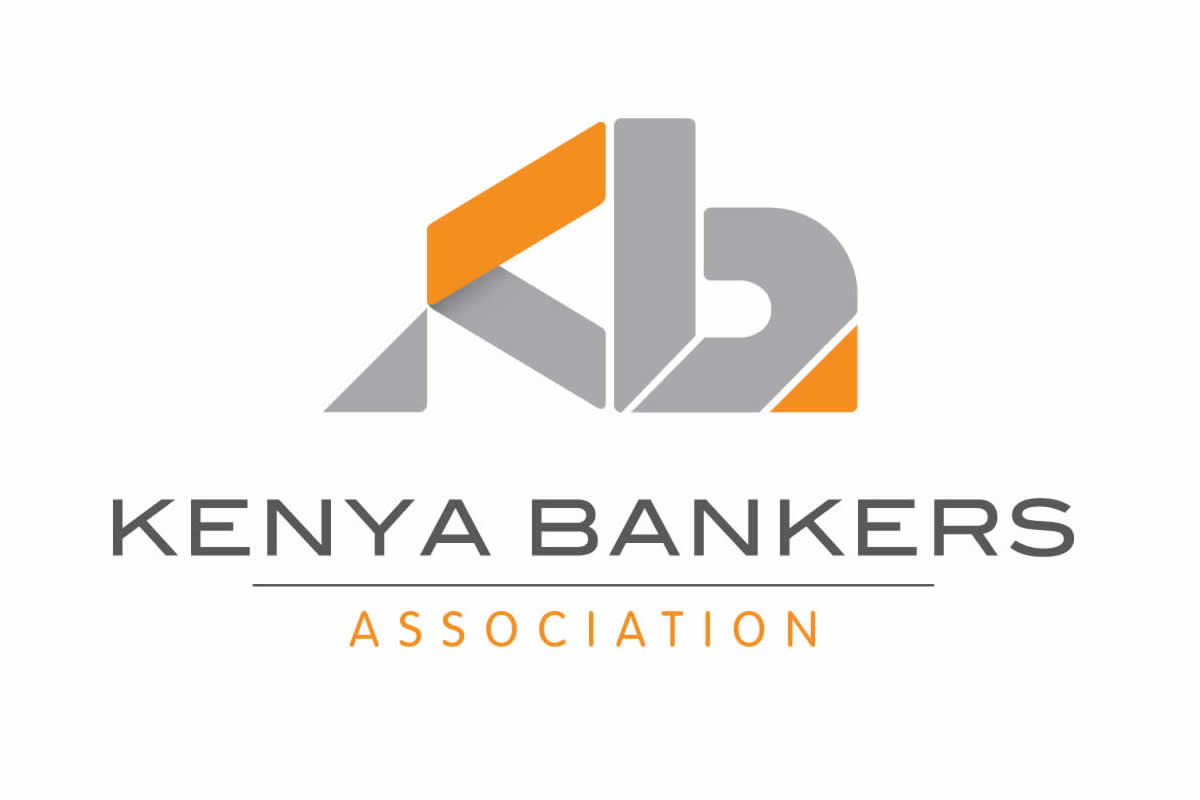- More Than 90 Percent Of Banks Expect Slowed Economic Growth
- Loans Worth About Sh. 82 Billion Have Already Been Restructured
- A Financial Crisis In Kenya Is Unlikely Due To High Levels Of Liquidity During The Rate Cap Period
Nairobi 11th May 2020 – The banking industry anticipates a business decline this year as the Coronavirus Disease (COVID-19) continues to affect economic activity across sectors. According to a new survey by the Kenya Bankers Association (KBA), close to 94 percent of banks expect a significantly slowed economic growth, which will in turn negatively affect customers both at household and commercial levels.
The survey titled Spillovers and Feedback Loops: The Banking Industry’s Response Scenarios to the Effects of COVID-19 Pandemic outlines that banks forecast effects ranging from Moderate (44 percent), High (35 percent) to Very High (15 percent), a situation that underpins banks’ revision of their business growth projections. Out of the banks surveyed, 65 percent expect non-performing loans (NPLs) to increase to 14 percent from the current level of NPLs to gross loans of 12.4 percent.
KBA Chief Executive Officer Dr. Habil Olaka noted that in light of the anticipated impact of the health crisis, KBA in partnership with the Central Bank of Kenya moved swiftly to provide relief to bank customers through adjustments in policy to enable loan restructuring and other measures, including the elimination of mobile payment fees.
Dr. Olaka observed that the reduction of the Cash Reserve Ratio (CRR) has substantially supported the loan restructuring process. “Based on the initial assessments of applications from customers, the banking industry anticipates that many of its customers will seek loan rescheduling at the initial stages of the pandemic. Central Bank data indicates that so far loans worth about Sh. 82 billion have already been restructured, ” he said. Further, banks have collectively raised close to Sh 1.8 billion for the National COVID-19 Emergency Response Fund, which is mobilizing resources to support the Government with the procurement of equipment and provision of support, including the national safety net cash transfers program.
It is p that the majority of applicants will seek restructuring of tenor and interest rates relief (87 percent), with an appropriately accommodative monetary policy expected to lead to lower interest rates. The popular tenor extension is anticipated to be one year as indicated by 67 percent of the KBA survey respondents. The survey further notes that in view of the elevated risk profile of customers arising from the shocks associated with the pandemic, majority of banks (72 percent) are likely to remain cautious.
Dr. Olaka indicated that a financial crisis in Kenya is unlikely due to the fact that the majority of banks had high levels of liquidity during the rate cap period, which effectively lifted at the end of 2019 with banks increasing their lending activity just two months before the pandemic. “We anticipate the banking industry will remain sufficiently capitalized even under extreme stress. The capital adequacy will remain well above the regulatory requirements. That means, therefore, that banks are at a strong position to support businesses navigate the adversities associated with COVID-19 without risking systemic stability. That support is already evident,” said Dr. Olaka.
From a finance perspective, supply-side expectations of the negative sector effects have been confirmed by demand-side surveys by agencies such as the Kenya National Chamber of Commerce and Industry and the Architectural Association of Kenya.
“Given the inherent link between the economy’s performance and that of the banking industry, and the financial sector as a whole, the effects of the pandemic are already evident. With the effect of the pandemic running both ways, the feedback loop of the economic performance is filtering to the financial sector and vice versa. This will inevitably lead to responses that seek to promote market stability, with continued support of businesses and households,” said KBA Research and Policy Director Mr. Jared Osoro.
Earlier in the year, banks had hinged growth projections on strong business prospects based on the anticipation that the economy’s growth would remain strong. The industry was also gearing to enhance support to SMEs and households, which had been affected by the interest rate capping law that was repealed in November 2019.
“The potential adverse effect on banks’ portfolio, both from a quality standpoint and a need for support perspective, is aligned to the extent of sector’s exposure. The sectors taking a big share of the exposure are likely to be hit most. These include trade, household credit, manufacturing, transport and communication, tourism, and construction,” noted Mr. Osoro.
Media Contacts:
Nuru Mugambi
Director, Communications and Public Affairs
Email: Nmugambi@kba.co.ke
Phone: 0717023318


